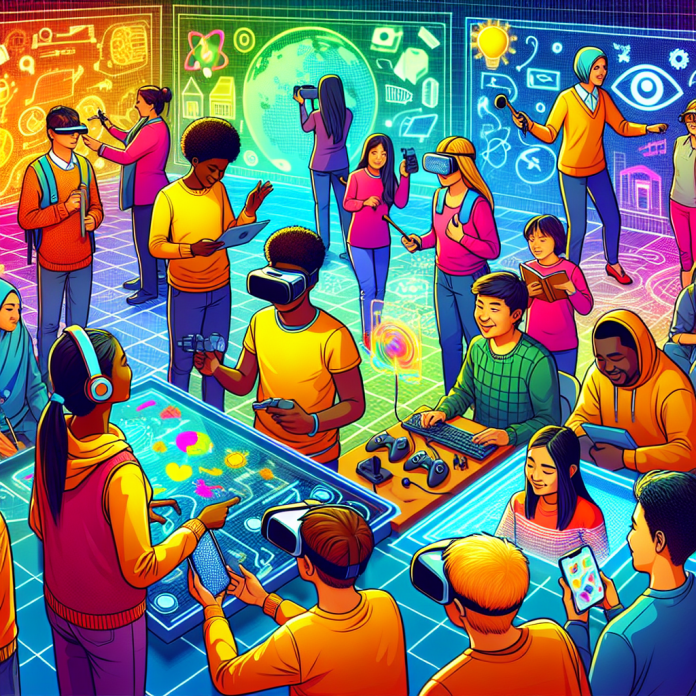Virtual reality (VR) technology has been revolutionizing various industries, and one area where its potential is particularly exciting is in education. By providing immersive experiences that allow students to interact with virtual environments, VR has the power to enhance learning in ways that traditional methods cannot.
Enhancing Learning Through Immersive Experiences
One of the key advantages of using VR in education is that it allows students to engage with the material in a more interactive and hands-on way. Instead of simply reading about a concept or watching a video, students can actually experience it firsthand through VR simulations.
For example, in a history class, students could explore a virtual recreation of ancient Rome, interacting with historical figures and experiencing the sights and sounds of the time period. In a science class, students could conduct virtual experiments in a lab setting, gaining practical experience in a safe and controlled environment.
Enabling Personalized Learning
VR also has the potential to enable personalized learning experiences, allowing students to learn at their own pace and in their own way. By immersing students in virtual environments tailored to their individual learning styles, educators can help students better understand and retain information.
Furthermore, VR can provide opportunities for students to explore subjects that may be difficult or impossible to learn through traditional methods. For example, students studying astronomy could embark on a virtual tour of the solar system, getting up close and personal with celestial bodies that would be impossible to see from a classroom.
Preparing Students for the Future
As technology continues to play a larger role in our society, it is important for students to be familiar with and comfortable using cutting-edge tools like VR. By integrating VR into the classroom, educators can help prepare students for future careers that may require proficiency in virtual reality technology.
Additionally, VR can help students develop important skills such as problem-solving, critical thinking, and collaboration. By working together in virtual environments to solve challenges and complete tasks, students can build valuable skills that will serve them well in both their academic and professional lives.
Conclusion
Virtual reality has the potential to revolutionize education by providing immersive experiences that enhance learning and engagement. By allowing students to explore virtual environments and interact with material in a hands-on way, VR can help students better understand and retain information.
Furthermore, VR can enable personalized learning experiences tailored to individual students’ needs and learning styles. By preparing students for future careers that may require proficiency in VR technology and helping them develop important skills such as problem-solving and collaboration, educators can use VR to help students succeed both in the classroom and beyond.

